Acetone
Acetone Specification
- Ph Level
- Neutral
- Density
- 0.791 Gram per cubic centimeter(g/cm3)
- Odour
- Characteristic sweet odour
- Molecular Weight
- 58.08 g/mol
- Storage Instructions
- Store in a cool dry and well-ventilated area away from sources of ignition
- Solubility
- Soluble in water alcohol ether
- Appearance
- Clear colorless liquid
- Chemical Name
- Acetone
- Other Names
- Dimethyl ketone Propanone
- Classification
- Flammable liquid
- CAS No
- 67-64-1
- Type
- Industrial solvent
- Application
- Used as solvent in paints coatings adhesives and for cleaning purposes
- Application Method
- Direct application or mixed with formulations
- Raw Material
- Manufactured via isopropyl alcohol dehydrogenation or oxidation
- Physical State
- Liquid
- Usage
- Cleaning agent solvent for resins plastics pharmaceuticals and scientific applications
- Shelf Life
- Typically 12 months under proper storage conditions
- Drying Time
- Quick drying
- Best Before
- Refer to the manufacturers guidelines
About Acetone
Acetone (propanone) is the organic compound with the formula (CH3)2CO.[15] It is a colorless, volatile, flammable liquid, and is the simplest and smallest ketone. Acetone is produced and disposed of in the human body through normal metabolic processes. It is normally present in blood and urine. People with diabetes produce it in larger amounts. Reproductive toxicity tests show that it has low potential to cause reproductive problems. Ketogenic diets that increase ketones (acetone, -hydroxybutyric acid and acetoacetic acid) in the blood are used to counter epileptic attacks in infants and children who suffer from recalcitrant refractory epilepsy.FAQs of Acetone:
Q: What is the storage recommendation for Acetone?
A: It is advised to store Acetone in a cool, dry, and well-ventilated area away from sources of ignition.Q: What are the main uses of Acetone?
A: Acetone is commonly used as a cleaning agent and solvent for resins, plastics, pharmaceuticals, and scientific applications.Q: How quickly does Acetone dry after application?
A: Acetone is known for its quick-drying properties.Q: What are the common applications of Acetone?
A: Acetone is used as a solvent in paints, coatings, adhesives, and for cleaning purposes.Q: What is the shelf life of Acetone under proper storage conditions?
A: Acetone typically has a shelf life of 12 months when stored properly.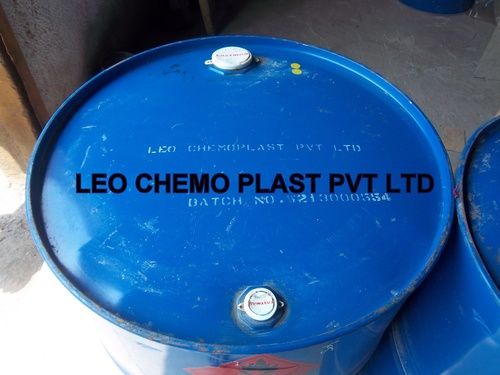

Price:
- 50
- 100
- 200
- 250
- 500
- 1000+
More Products in Organic Solvents Category
Piperazine Anhydrous
Storage Instructions : Store in cool, dry place; tightly sealed container
Chemical Name : Piperazine Anhydrous
Appearance : White crystalline
Molecular Weight : 86.14 g/mol
Usage : Industrial; laboratory
Odour : Ammonialike
Furfuryl alcohol
Storage Instructions : Store in a cool dry and wellventilated area
Chemical Name : Furfuryl alcohol
Appearance : Clear liquid
Molecular Weight : 98.10 g/mol
Usage : Used in resin synthesis adhesives and foundry applications
Odour : Mild characteristic odour
Diethanolamine
Storage Instructions : Store in cool, dry, and wellventilated area, keep container tightly closed
Chemical Name : Diethanolamine
Appearance : Clear, Colorless to Pale Yellow Viscous Liquid
Molecular Weight : 105.14 g/mol
Usage : Textile, Agriculture, Gas treatment, Pharmaceuticals, Cosmetics, Detergents
Odour : Mild Ammonialike
Acrylic acid
Storage Instructions : Store in a cool dry place away from sources of ignition
Chemical Name : Acrylic Acid
Appearance : Colorless liquid
Molecular Weight : 72.06 g/mol
Usage : Manufacturing of various polymers and copolymers
Odour : Sharp acidic odor

 Send Inquiry
Send Inquiry
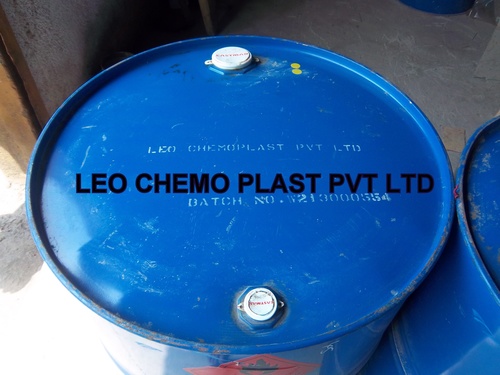
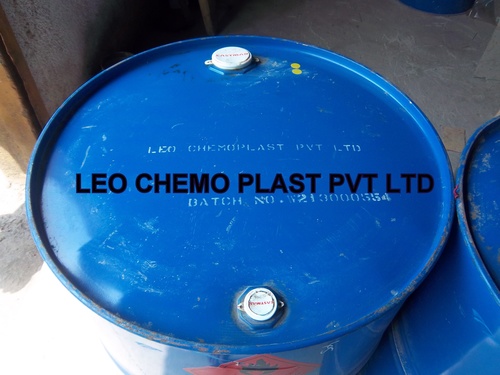
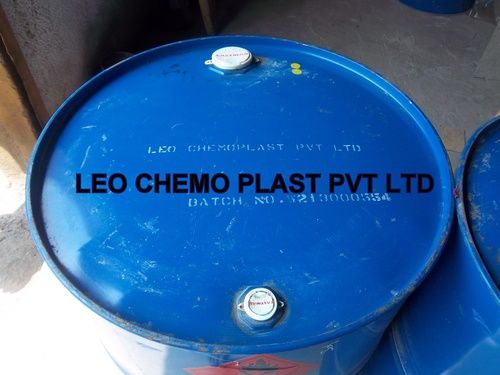
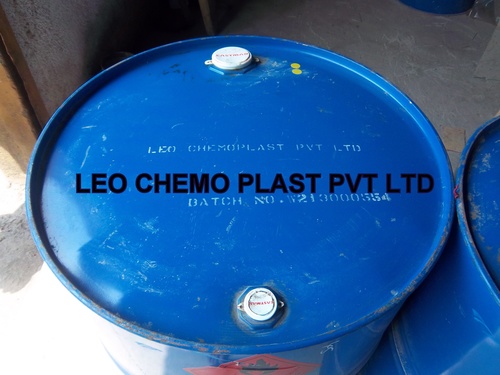


 Send Inquiry
Send Inquiry Send SMS
Send SMS